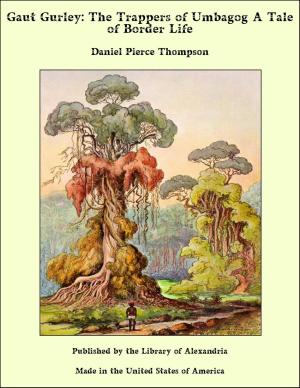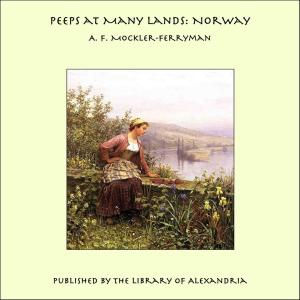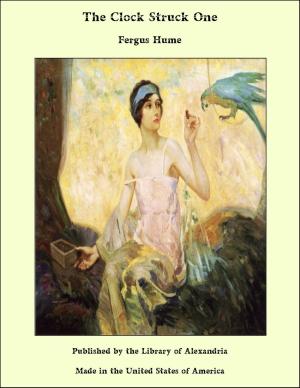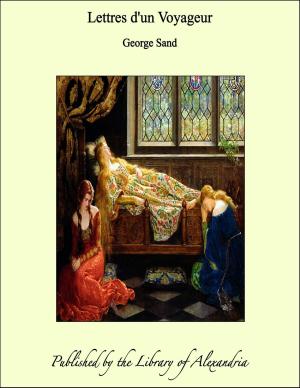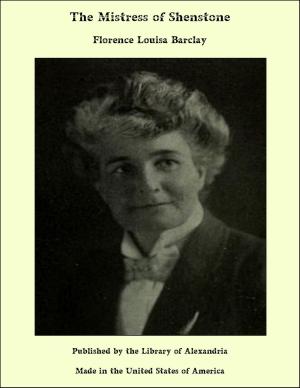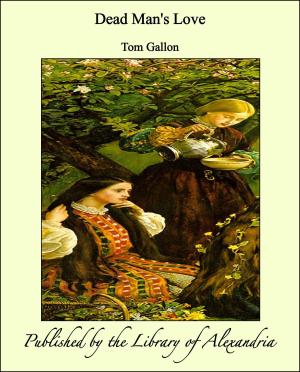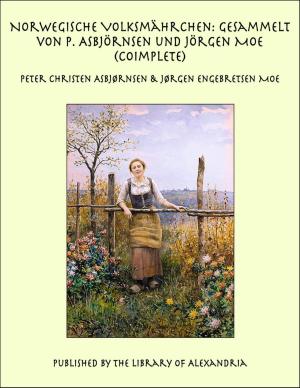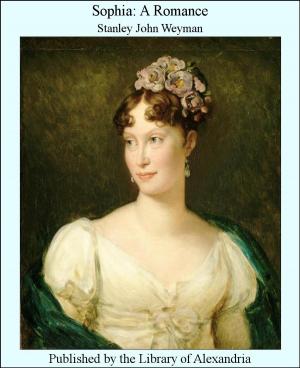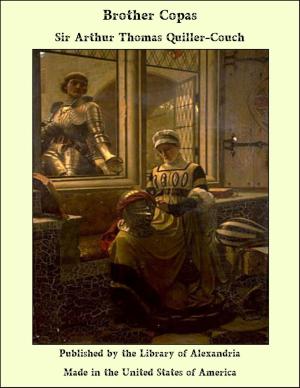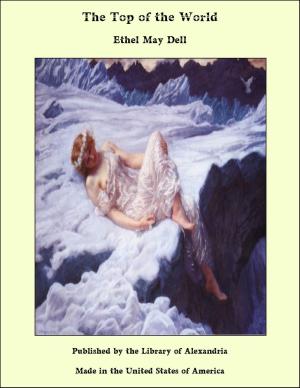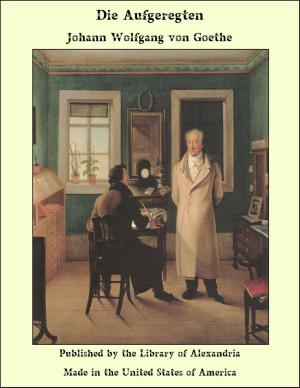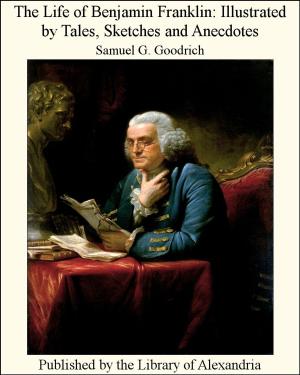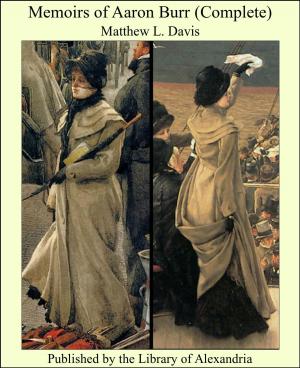The Grandchildren of the Ghetto
Nonfiction, Religion & Spirituality, New Age, History, Fiction & Literature| Author: | Israel Zangwill | ISBN: | 9781465524706 |
| Publisher: | Library of Alexandria | Publication: | March 8, 2015 |
| Imprint: | Language: | English |
| Author: | Israel Zangwill |
| ISBN: | 9781465524706 |
| Publisher: | Library of Alexandria |
| Publication: | March 8, 2015 |
| Imprint: | |
| Language: | English |
THE CHRISTMAS DINNER Daintily-embroidered napery, beautiful porcelain, Queen Anne silver, exotic flowers, glittering glass, soft rosy light, creamy expanses of shirt-front, elegant low-necked dresses—all the conventional accompaniments of Occidental gastronomy. It was not a large party. Mrs. Henry Goldsmith professed to collect guests on artistic principles, as she did bric-à-brac, and with an eye to general conversation. The elements of the social salad were sufficiently incongruous to-night, yet all the ingredients were Jewish. Mrs. Henry Goldsmith was of the upper middle classes, and her husband was the financial representative of the Kensington Synagogue at the United Council; but her swan-like neck was still bowed beneath the yoke of North London, not to say provincial, Judaism. So to-night there were none of those external indications of Christmas which are so frequent at 'good' Jewish houses—no plum-pudding, snap-dragon, mistletoe, not even a Christmas-tree. For Mrs. Henry Goldsmith did not countenance these coquettings with Christianity. She would have told you that the incidence of her dinner on Christmas Eve was merely an accident, though a lucky accident, in so far as Christmas found Jews perforce at leisure for social gatherings. What she was celebrating was the Feast of Chanukah—of the re-dedication of the Temple after the pollutions of Antiochus Epiphanes—and the memory of the national hero, Judas Maccabæus. Christmas crackers would have been incompatible with the Chanukah candles which the housekeeper, Mary O'Reilly, forced her master to light, and would have shocked that devout old dame. For Mary O'Reilly, as good a soul as she was a Catholic, had lived all her life with Jews, assisting while yet a girl in the kitchen of Henry Goldsmith's father, who was a pattern of ancient piety and a prop of the Great Synagogue. When the father died, Mary, with all the Other family belongings, passed into the hands of the son, who came up to London from a provincial town, and, with a grateful recollection of her mOtherliness, domiciled her in his own establishment. Mary knew all the ritual laws and ceremonies far better than her new mistress, who, although a native of the provincial town in which Mr. Henry Goldsmith had established a thriving business, had received her education at a Brussels boarding-school.
THE CHRISTMAS DINNER Daintily-embroidered napery, beautiful porcelain, Queen Anne silver, exotic flowers, glittering glass, soft rosy light, creamy expanses of shirt-front, elegant low-necked dresses—all the conventional accompaniments of Occidental gastronomy. It was not a large party. Mrs. Henry Goldsmith professed to collect guests on artistic principles, as she did bric-à-brac, and with an eye to general conversation. The elements of the social salad were sufficiently incongruous to-night, yet all the ingredients were Jewish. Mrs. Henry Goldsmith was of the upper middle classes, and her husband was the financial representative of the Kensington Synagogue at the United Council; but her swan-like neck was still bowed beneath the yoke of North London, not to say provincial, Judaism. So to-night there were none of those external indications of Christmas which are so frequent at 'good' Jewish houses—no plum-pudding, snap-dragon, mistletoe, not even a Christmas-tree. For Mrs. Henry Goldsmith did not countenance these coquettings with Christianity. She would have told you that the incidence of her dinner on Christmas Eve was merely an accident, though a lucky accident, in so far as Christmas found Jews perforce at leisure for social gatherings. What she was celebrating was the Feast of Chanukah—of the re-dedication of the Temple after the pollutions of Antiochus Epiphanes—and the memory of the national hero, Judas Maccabæus. Christmas crackers would have been incompatible with the Chanukah candles which the housekeeper, Mary O'Reilly, forced her master to light, and would have shocked that devout old dame. For Mary O'Reilly, as good a soul as she was a Catholic, had lived all her life with Jews, assisting while yet a girl in the kitchen of Henry Goldsmith's father, who was a pattern of ancient piety and a prop of the Great Synagogue. When the father died, Mary, with all the Other family belongings, passed into the hands of the son, who came up to London from a provincial town, and, with a grateful recollection of her mOtherliness, domiciled her in his own establishment. Mary knew all the ritual laws and ceremonies far better than her new mistress, who, although a native of the provincial town in which Mr. Henry Goldsmith had established a thriving business, had received her education at a Brussels boarding-school.

